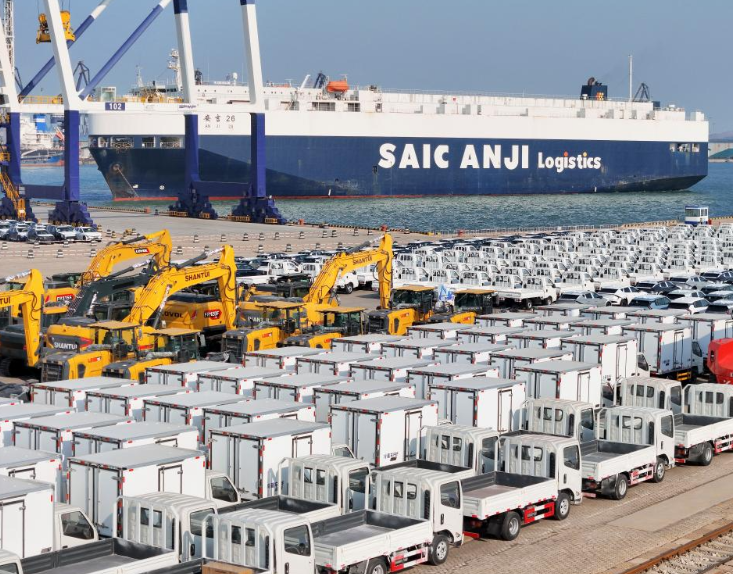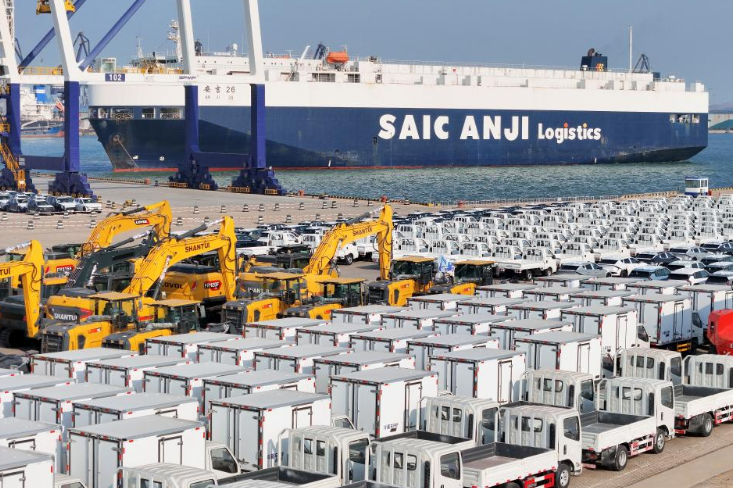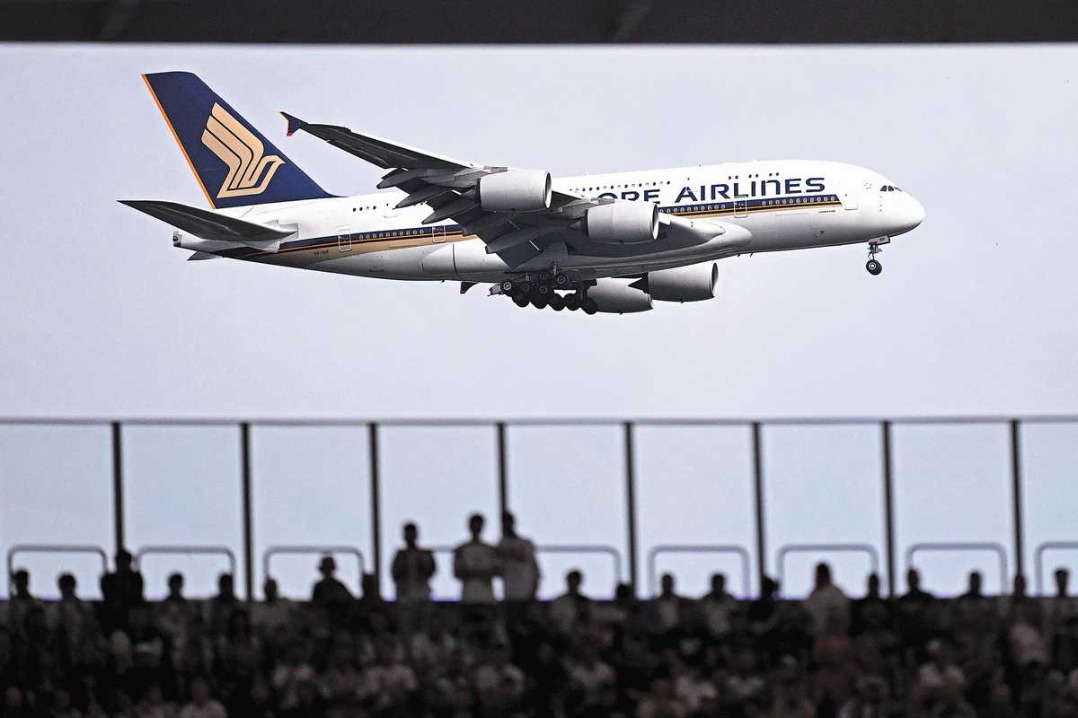US focus on raising tariffs to strain ties
Economists laud Beijing's diplomatic push, urge leaders' communication


China's leadership is pursuing a "charm offensive" domestically and internationally, while the United States remains focused on tariffs, an approach that US economist Stephen Roach described as "a tariff offensive".
Roach, a senior fellow at Yale University's Jackson Institute of Global Affairs and a senior lecturer at the Yale School of Management, said his firsthand experience in China reinforced that view.
"China's senior leadership is engaged in a fairly aggressive charm offensive, both domestically and internationally," he said.
Speaking at the 11th annual Yale US-China Forum on Sunday, Roach said the approach "stands in contrast to the US approach", which he characterized as focused on tariffs.
He shared insights from his recent trip to China, where he attended the China Development Forum and the Boao Forum for Asia.
China's charm offensive started with the stimulus actions of September, when China's central bank announced a stimulus package to boost the stock market, leading to a quick initial rebound before settling within a stable range since the post-Sept 24 rebound, Roach said.
The charm offensive also targeted domestic tech executives with a widely publicized meeting on Feb 17, where President Xi Jinping sought to bolster business sentiment within China, he said.
In terms of the foreign-facing charm offensive, Xi also met with more than 40 representatives of the international business community in Beijing on Friday, he added.
"Unlike past meetings, this one was not dominated by US CEOs. There were 12 US CEOs, but by my count, close to 20 European CEOs. The composition of this group tells you something about where China sees potential opportunities — possibly more in Europe than in the US," Roach said.
The contrast is also reflected in how leaders speak about their respective economies, he said.
Xi is optimistic about China's future, while US President Donald Trump acknowledges the disruptions caused by tariffs, which is "uncharacteristic of the way the president usually deals with the common prospects in the US", he added.
Susan Thornton, former acting assistant secretary for East Asian and Pacific affairs at the US State Department, affirmed the importance of communication between the US and China and spoke about leader-to-leader diplomacy.
Throughout the history of US-China relations, the most important stabilizer has been communication, especially at the leadership level, Thornton said.
"There have always been major areas of difference between the US and China, yet cooperation is also necessary.
"This complex dynamic makes it essential for the two leaders to meet and send signals to their governments about the need to balance these competing tendencies. Without communication backed by political will, problems arise.
"For now, we are in a state of suspended animation, waiting for a signal on Trump's intentions for US-China relations."
Meanwhile, a new round of US tariffs is set to be announced on Wednesday, which could "further escalate tensions", she added.
"The more strained the situation becomes, the harder it will be to arrange a leader-level meeting, though such a meeting is very much needed at this time."
'Polar opposite'
David Firestein, president and CEO of the George H.W. Bush Foundation for US-China Relations, discussed the "clearly radically changed" US policies toward China, that "in many cases, or most of these cases, are the polar opposite of what we used to assume".
The first assumption is the transition from viewing China as a partner to considering it an enemy, Firestein said. He also pointed out the shift in perception of China, from a major player within the international system to a country seeking to supplant the US as the world's top superpower.
Other changes include a move away from engagement with China, with some in Washington advocating for disengagement or even decoupling.
Mutual dependency, once seen as stabilizing, is now regarded as destabilizing. Similarly, the US once believed in collaborative efforts with China on issues such as the Korean Peninsula and trade, but now views the relationship through a zero-sum lens.
"Every one of the new assumptions that we're making about China is dead wrong," Firestein said.
"And that's why our policies are failing to achieve the results that our leaders, the implementers of these policies, want them to achieve."


































